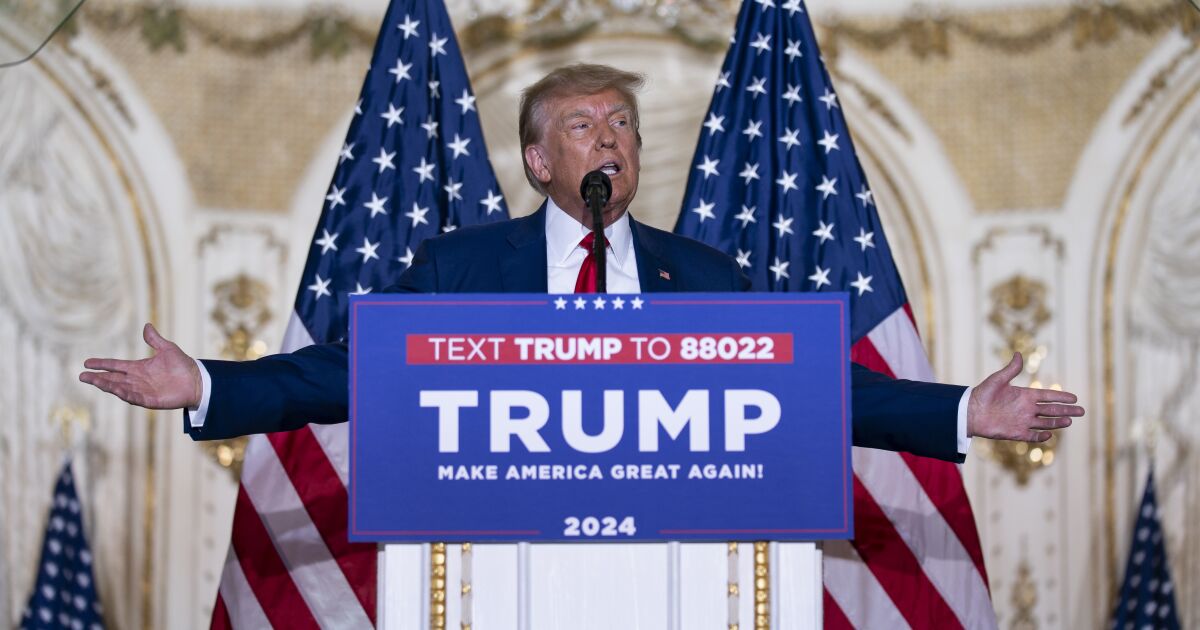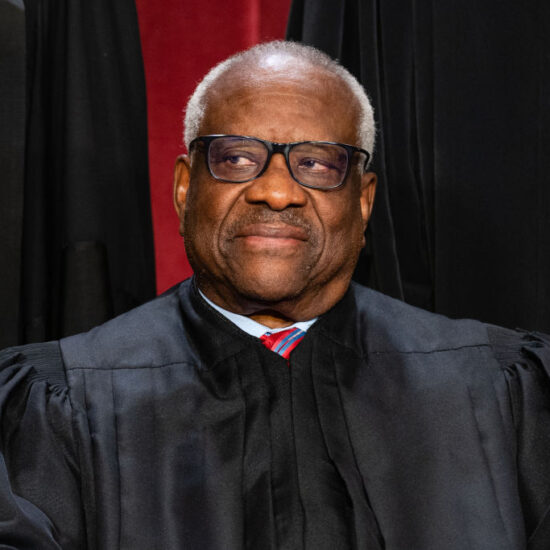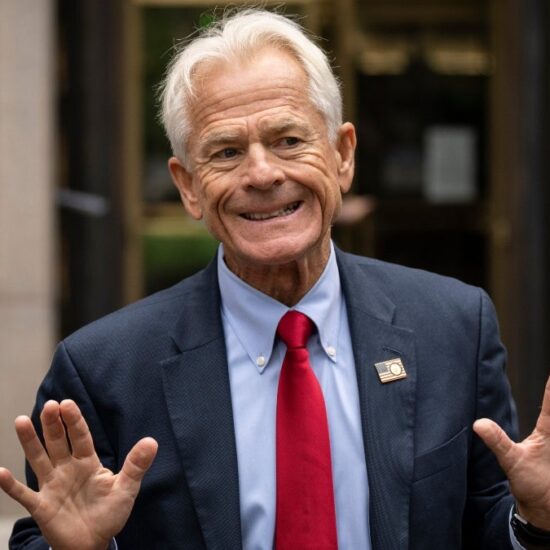
The calendar for the 2024 presidential campaign just became a lot more complicated.
Not the primary calendar. The trial calendar.
Last week, former President Trump was arraigned in Manhattan on felony charges stemming from a hush money payment to a porn star.
Given the Dickensian pace of court proceedings in New York, Trump’s trial won’t begin until next year, right in the middle of the election campaign.
His lawyers are expected to file motions challenging the case in August, just in time for the first GOP presidential debate. Those preliminary battles could go all the way to the Supreme Court.
That isn’t the only potential train wreck on the horizon.
Trump faces three more possible indictments: a Georgia prosecution based on his attempts to reverse that state’s 2020 election result; federal charges over his hoard of classified documents at Mar-a-Lago; and charges stemming from his role in the Jan. 6, 2021, plot to stop Congress from certifying Joe Biden’s victory.
“The odds are very small that any of these cases would get to trial by the end of 2023, even if all the indictments landed tomorrow,” Donald B. Ayer, a former top Justice Department official, told me last week.
That means the entire 2024 campaign, from the Iowa caucuses next January through election day in November, will be inextricably tangled with Trump’s legal travails.
Now add his interest in keeping the drama going. He’s managed to profit from being a criminal defendant, at least in the short run.
The indictment produced a surge in his support among Republican voters. A Reuters/IPSOS poll released Friday showed Trump leading his nearest GOP rival, Florida Gov. Ron DeSantis, 58% to 21%. Two weeks earlier, the same poll showed a smaller margin: 44% to 30%.
“This is what you’d call a ‘rally around Trump’ effect,” Sarah Longwell, a GOP strategist who founded the anti-Trump Republican Accountability Project, said in a television interview.
The court battle is helping him raise money, too. Trump’s campaign claims it has collected more than $13 million in new contributions since the news of his indictment.
He’s weaponized the investigations as a campaign theme with unhinged attacks on New York Dist. Atty. Alvin Bragg (calling the Black prosecutor an “animal”), Justice Department prosecutor Jack Smith (a “mad dog psycho”) and the FBI (“Marxist thugs”).
“The only crime that I have committed is to fearlessly defend our nation from those who seek to destroy it,” Trump said at Mar-a-Lago last week. “Now these radical-left lunatics want to interfere with our elections by using law enforcement. We can’t let that happen.”
He urged his supporters in Congress to defund the FBI and the Justice Department, and offered donors a T-shirt printed with a fake mug shot and the words “Not guilty” for $47.
Part of Trump’s diabolical genius is how thoroughly he has embraced the self-invented role of martyr and induced most of his party to defend him. Even his leading rivals for the GOP nomination — DeSantis, former South Carolina Gov. Nikki Haley, former Vice President Mike Pence — have lined up to denounce Bragg.
They‘d better get used to it: For months to come, they’ll be pressed to pass judgment on every twist and turn of the current front-runner’s legal odyssey.
Trump may have a long-term legal strategy in mind, too. A Justice Department opinion holds that a president may not be indicted while he’s in office. The same reasoning suggests that a sitting president can’t be convicted or imprisoned. If he makes it back to the White House in 2025, Trump will inevitably claim he’s home free.
So what should Atty. Gen. Merrick Garland and the Justice Department do?
The Justice Department has a policy against indictments or other actions that might appear political, especially late in an election year. It’s often called the “60-day rule,” although it isn’t a formal rule, and the 60-day benchmark isn’t official.
Here’s what Garland wrote last year: “Prosecutors may never select the timing of … investigative steps, criminal charges, or any other action in any matter or case for the purpose of affecting any election.”
In practice, the rule is often interpreted more broadly to prohibit any action that could appear to influence an election, purposefully or not.
But that hasn’t prevented the Justice Department from indicting politicians as late as the summer of an election year. Rep. Chris Collins (R-N.Y.) was charged with securities fraud two months before his 2018 reelection. (He won, but later resigned.) Sen. Ted Stevens (R-Alaska) was charged with failing to report gifts from a donor three months before the 2008 election. (He lost, but was later exonerated.)
In any case, Trump’s assumption of martyrdom to cement support among GOP voters puts Garland in a paradoxical position: He can’t know whether indicting Trump will hurt him or help him.
And legal scholars argue that a decision to withhold an indictment merely to avoid an appearance of political interference is a political act, too.
Trump’s campaigns in 2016 and 2020 created chaos in our political system. Now his 2024 campaign has pulled the judicial system into the toxic mix.
So Garland may have no choice other than to ignore the noise and follow his own oft-repeated mantra: “We will follow the facts and the law, wherever they lead.”














